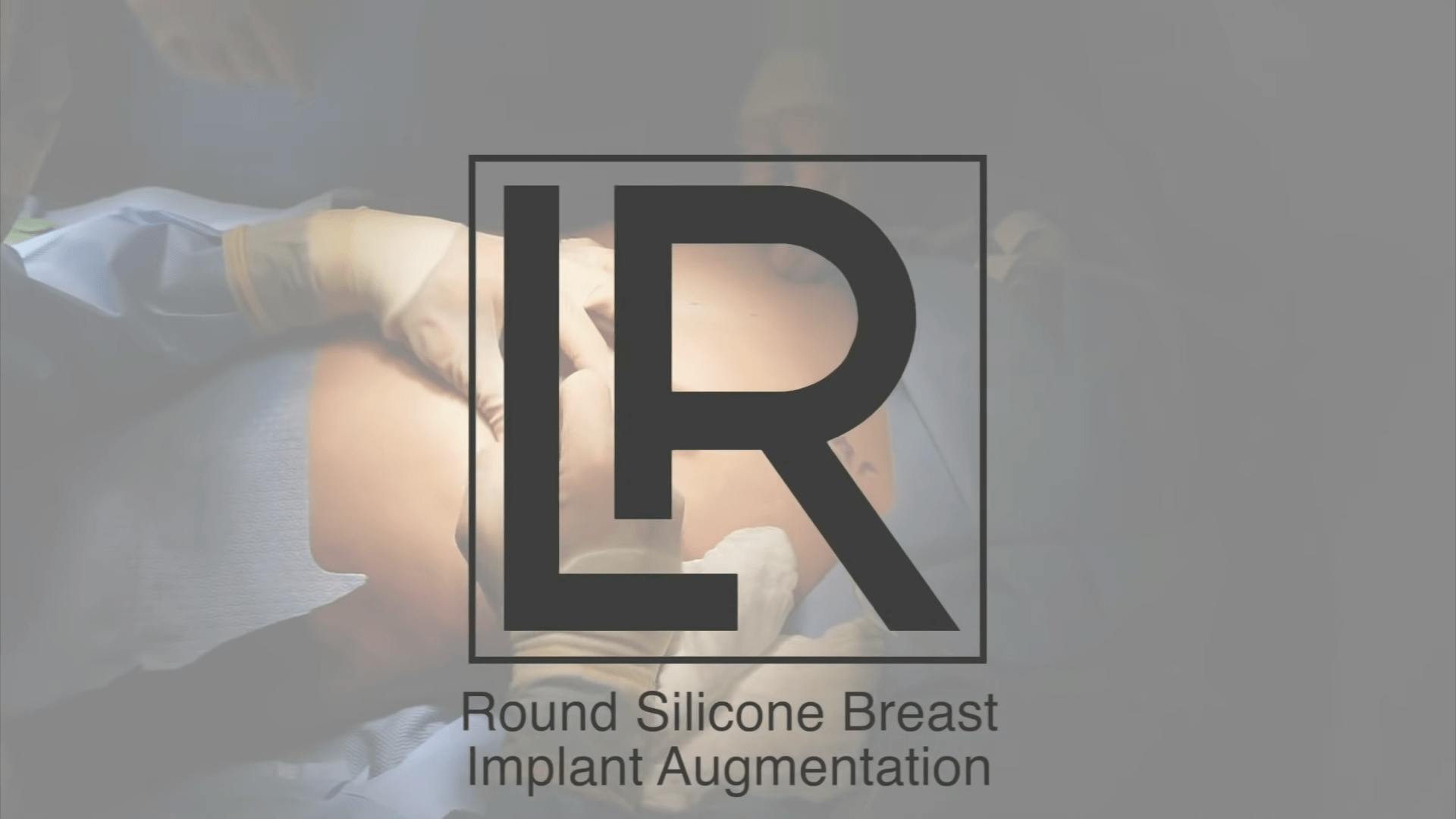Breast augmentation is a surgical procedure by which Dr. Leif Rogers, MD, FACS can enhance the size, shape, or projection of your bust, so you can enjoy a more alluring and proportionate silhouette.
Breast augmentation, also known as breast enlargement or augmentation mammoplasty, is a cosmetic surgical procedure designed to enhance the size, shape, or symmetry of a woman’s breasts.
It involves placing breast implants or fat grafts under the breast tissue or chest muscle to increase breast size and improve the overall appearance of the breasts.
Breast augmentation is typically performed on women who are dissatisfied with the size or shape of their breasts due to a variety of reasons, including genetics, pregnancy, breastfeeding, weight loss, or aging.
Once the procedure is complete, you’ll enjoy a more proportionate and alluring look and all the confidence that comes along with it.
For years now, Dr. Rogers has been earning a reputation by connecting his patients with the surgical outcomes of their dreams. Breast augmentation in Beverly Hills & Pasadena with Dr. Leif Rogers can help you enjoy enhanced confidence and a restored quality of life by creating a more symmetrical, attractive look. To get started, reach out to our Beverly Hills office and set up your consultation today.











